Antisocial personality disorder is a pervasive pattern of disregard for, and violation of, the rights of others that begins in childhood or early adolescence and continues into adulthood. This pattern has also been referred to as psychopathy, sociopathy, and dissocial personality disorder.
Individuals with antisocial personality disorder frequently lack empathy and tend to be callous, cynical, and contemptuous of the feelings, rights, and sifting of others. Due to their manipulative tendencies, it is difficult to tell whether they are lying or telling the truth. The symptoms of antisocial personality disorder can vary in severity.
An individual has to be at least 18 years old to be diagnosed with antisocial personality disorder. As individual ages, the disorder becomes less evident. It is not clear whether this is due to age or because of consequences linked to traits related to antisocial personality disorder.
Antisocial personality disorder is much more common in males than in females. Individuals with antisocial personality disorder often violate the law, becoming criminals. The highest prevalence of antisocial personality disorder (greater than 70%) is found among males who abuse alcohol or drugs or who are in prisons or other forensic settings. Antisocial personality disorder is uncommon, affecting just 0.6% of the population.
To be diagnosed with Antisocial personality disorder, according to the Diagnostic and Statistical Manual of Mental Disorders, the following criteria must be met:
Adults with antisocial personality disorder typically show symptoms of conduct disorder before the age of 15. Signs and symptoms of conduct disorder include serious, persistent behavior problems, such as:
The development of Antisocial Personality Disorder is believed to be influenced by a combination of genetic, environmental, and neurological factors. Some potential causes and risk factors include:
There is no perfect way to approach a loved one that you assume or know has an antisocial personality disorder. People with Antisocial personality disorder may not believe anything is wrong with them, so they may resist treatment or not listen to the concerns of their family and friends. While preventing a loved one from developing Antisocial personality disorder is not possible, providing support and being aware of what their learning in treatment can be helpful.
Antisocial personality disorder can be a challenge to treat not only because individuals with antisocial personality disorder depend on the severity of their symptoms as well as resistance to treating it. Therapy can be short-term as well as long-term. Often, including family members or significant others in therapy can be helpful. When considering treatment it is important to consider co-occurring conditions that may exist, like anxiety or depression. Treatment can improve an individual’s life, making it more enjoyable and rewarding.
Psychotherapy
Psychotherapy is the most common method of treatment for antisocial personality disorder. Through psychotherapy, people with antisocial personality disorder may improve anger and violence management as well as treatment for substance abuse.
Medication Management
To date, there are no drugs approved by the FDA that have been specifically created to treat antisocial personality disorder. Medications can be useful when treating other symptoms that may occur simultaneously with antisocial personality disorder, such as anxiety or depression. Our psychiatrists work closely with individuals to determine the most appropriate medication regimen, if needed, to support their overall well-being.
Skills Training
Learning essential life skills is crucial for individuals with ASPD to enhance their ability to relate to others and manage emotions. Our skills training focuses on communication, empathy development, anger management, and impulse control.
Family Therapy
Antisocial Personality Disorder can strain relationships with family members and loved ones. Family therapy provides a safe space for open communication, education, and collaborative problem-solving, facilitating understanding and healing for everyone involved.
Recovery from Antisocial Personality Disorder is possible with the right support and treatment. At Clarity Clinic, we are dedicated to guiding you or your loved one on a journey toward healing, growth, and a fulfilling life. Our experienced team of mental health professionals is here to provide personalized care, evidence-based therapies, and unwavering support every step of the way.


























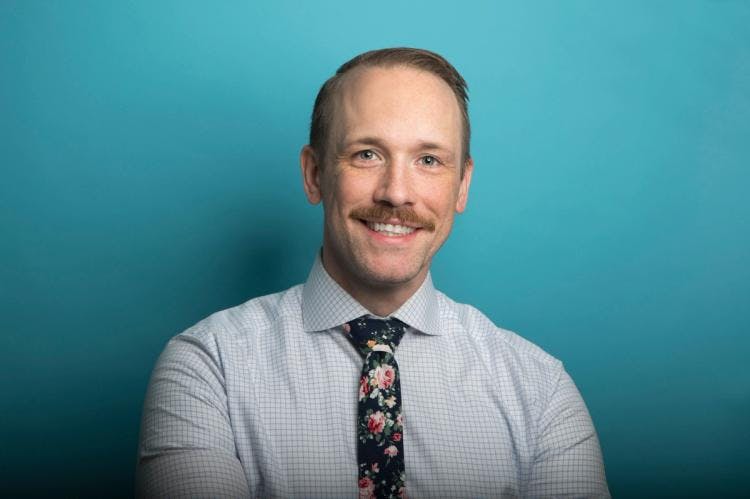
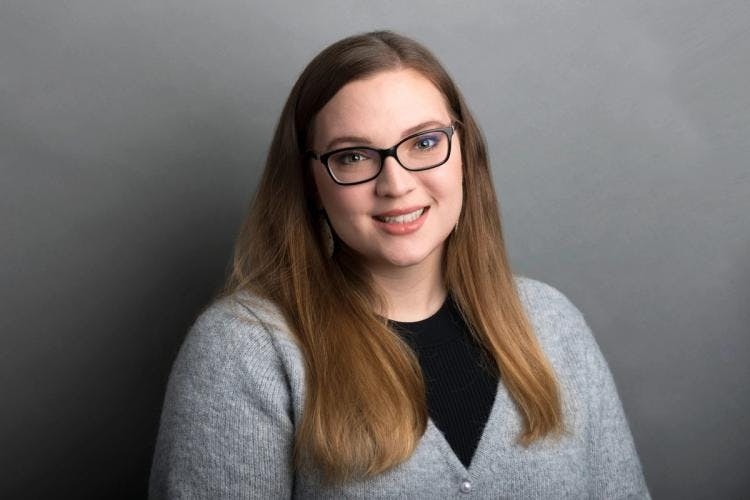
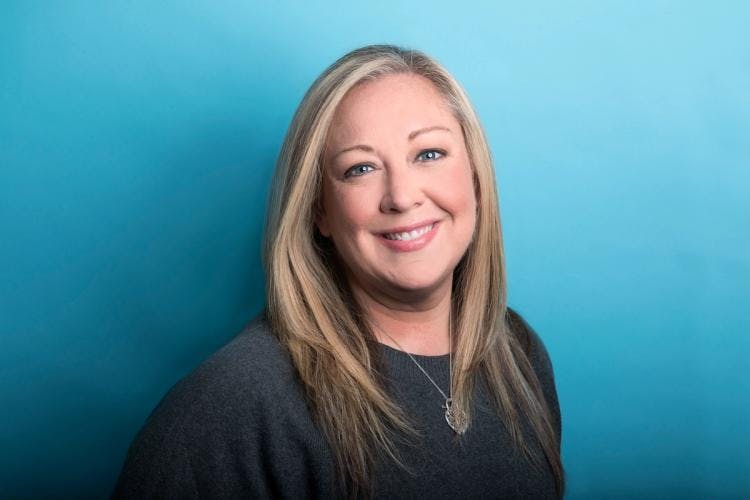
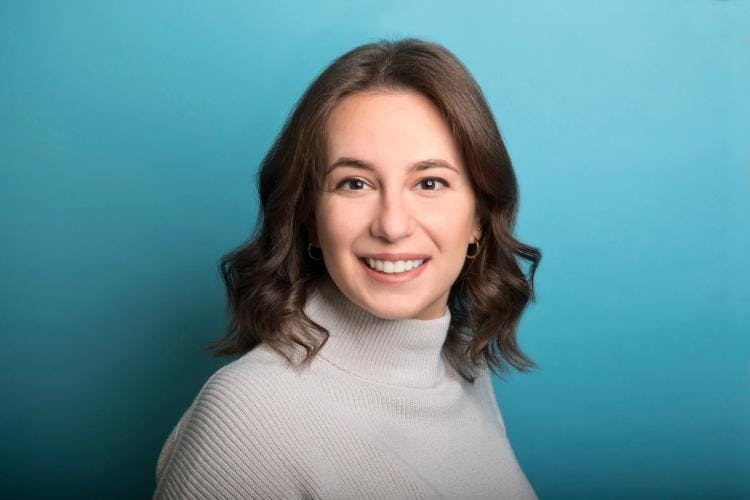
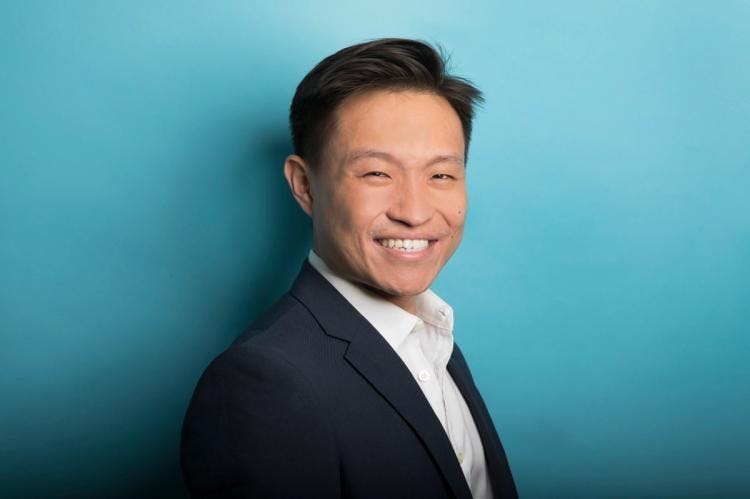
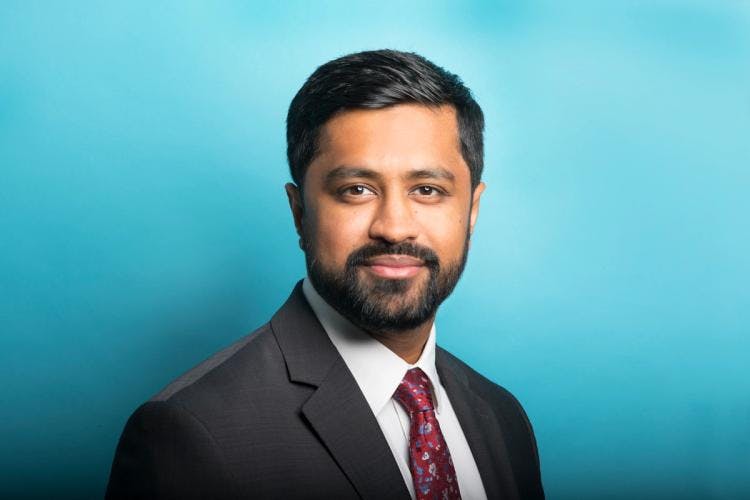
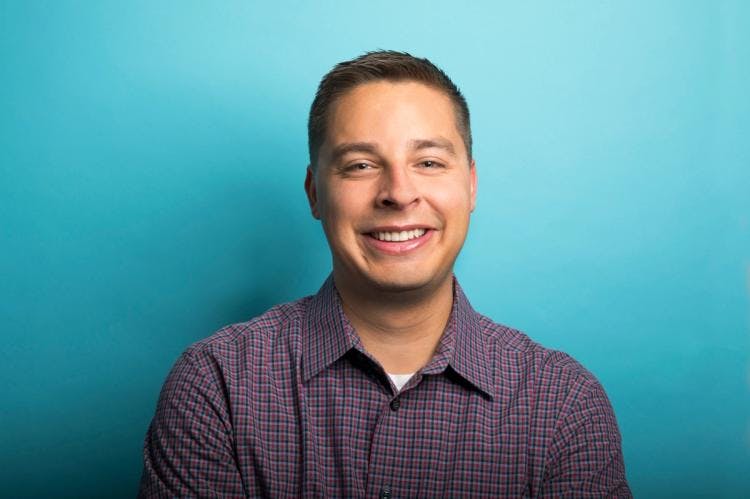
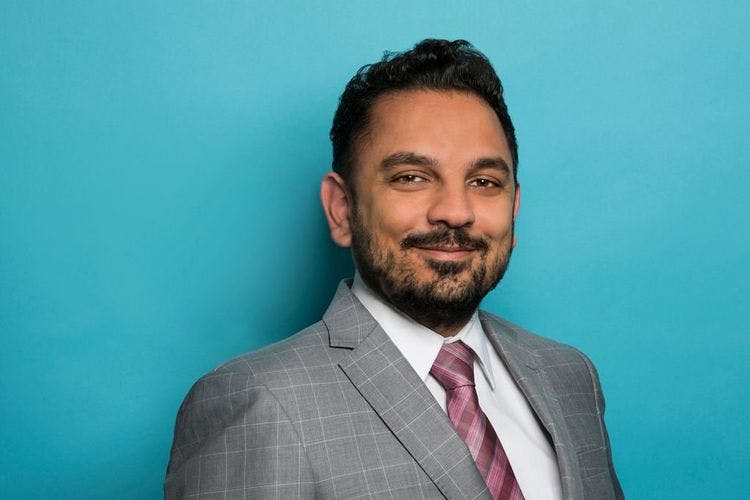
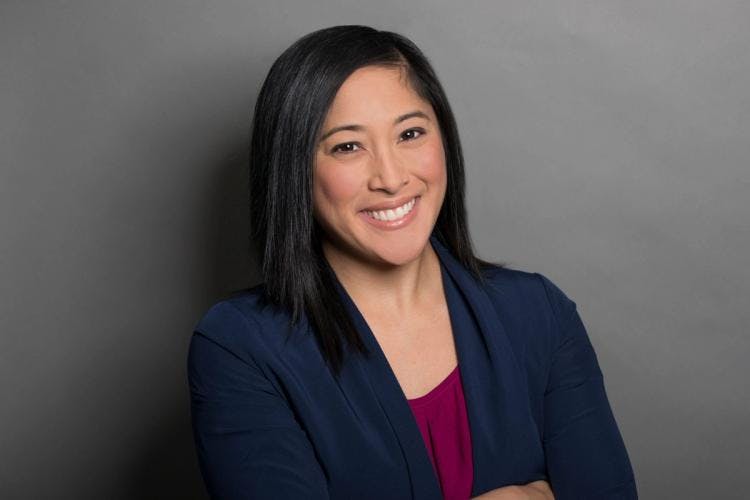

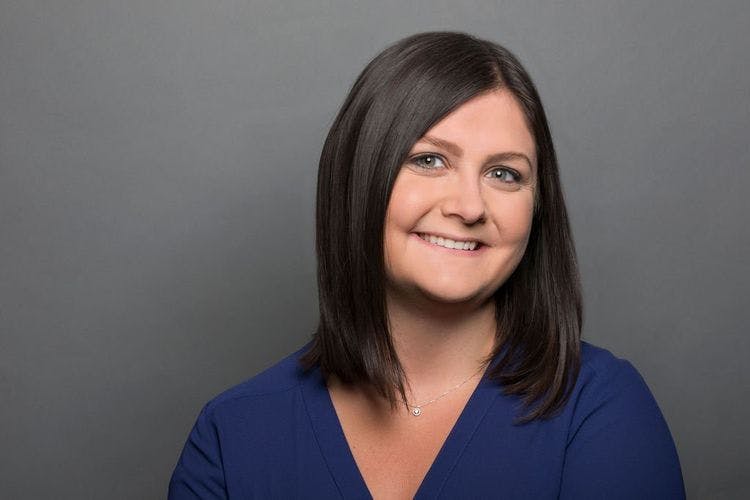
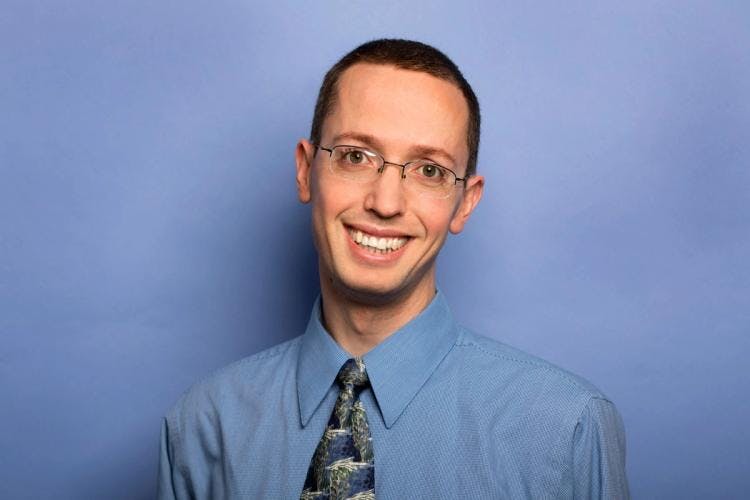
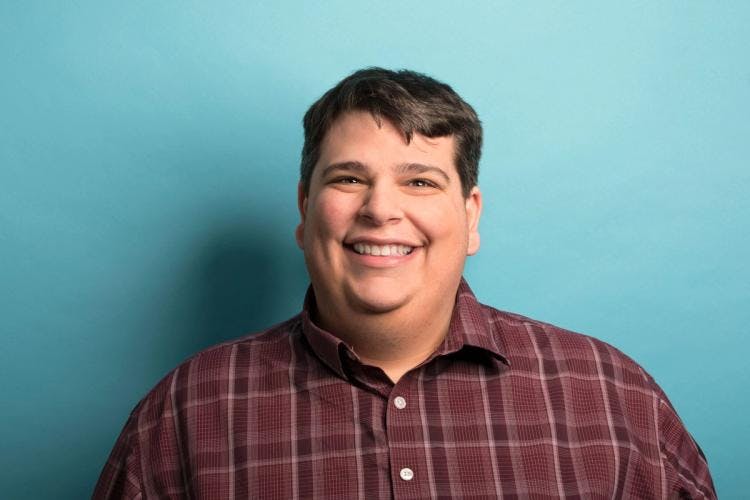
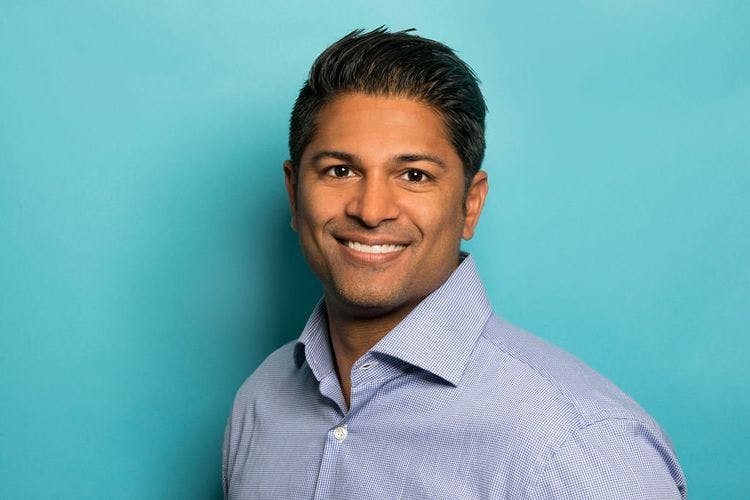
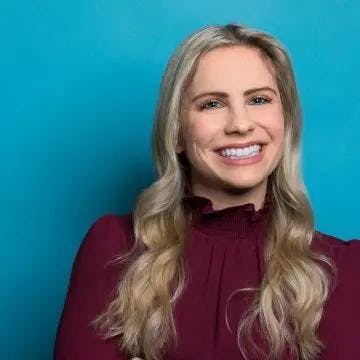
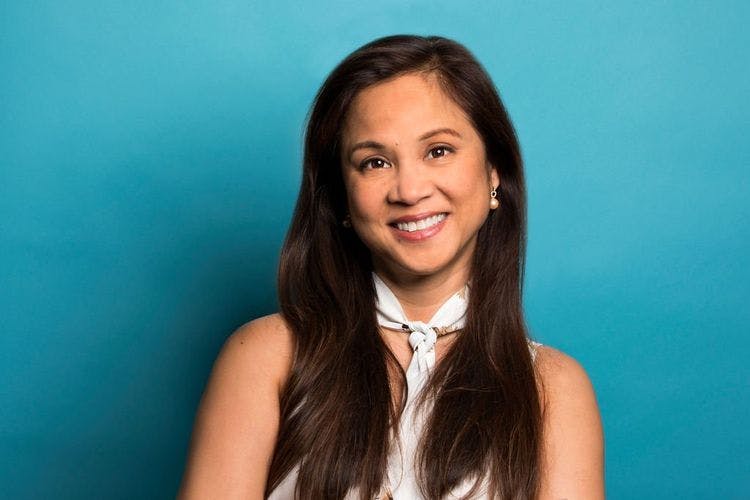
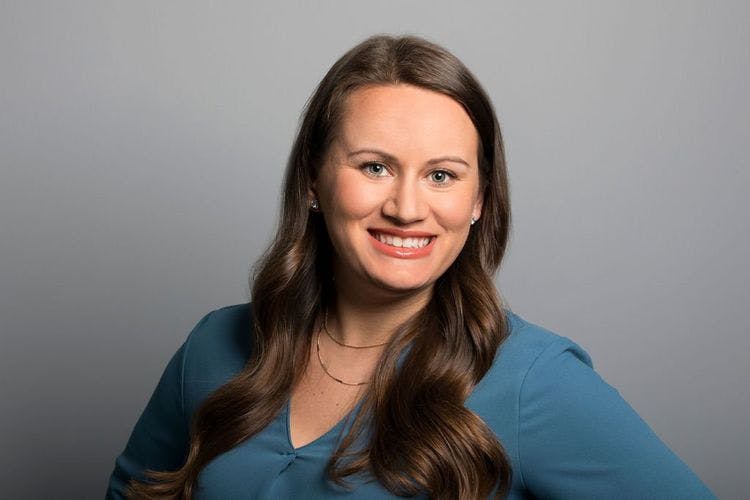
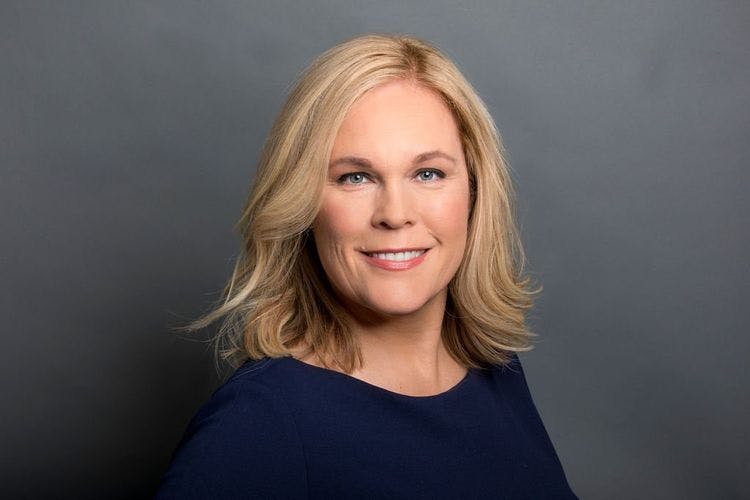
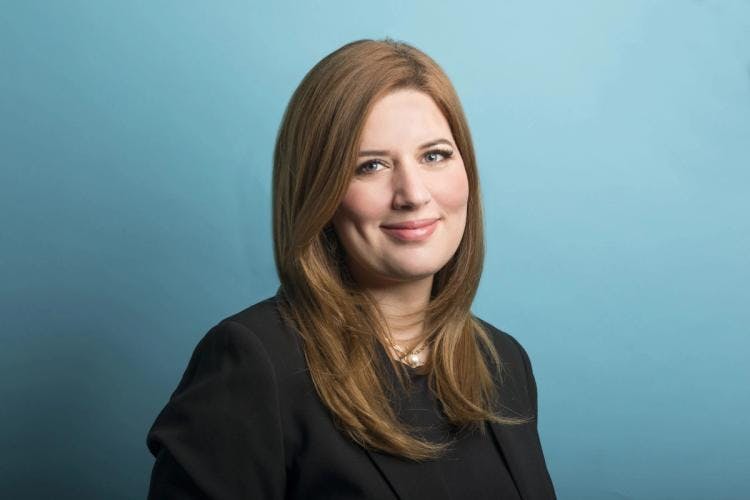
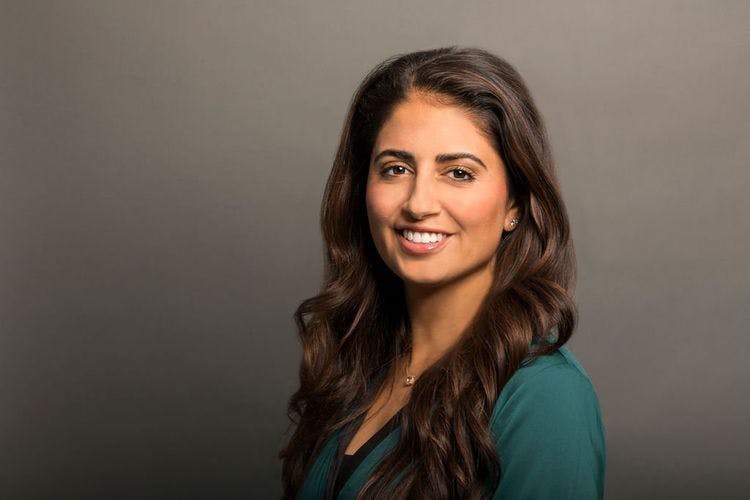
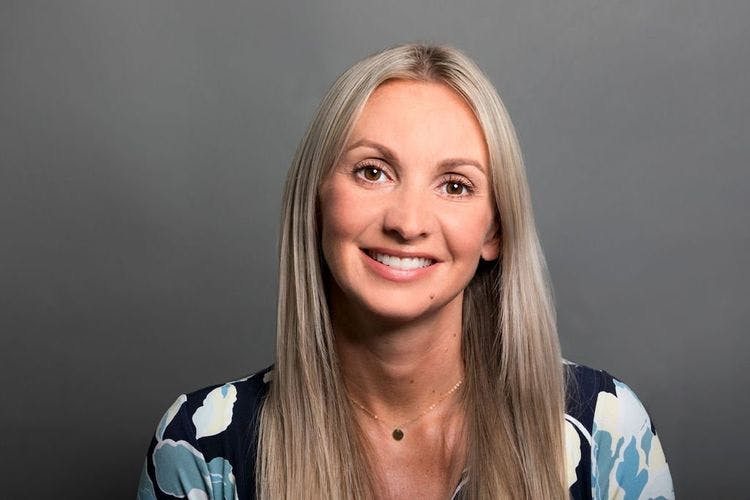
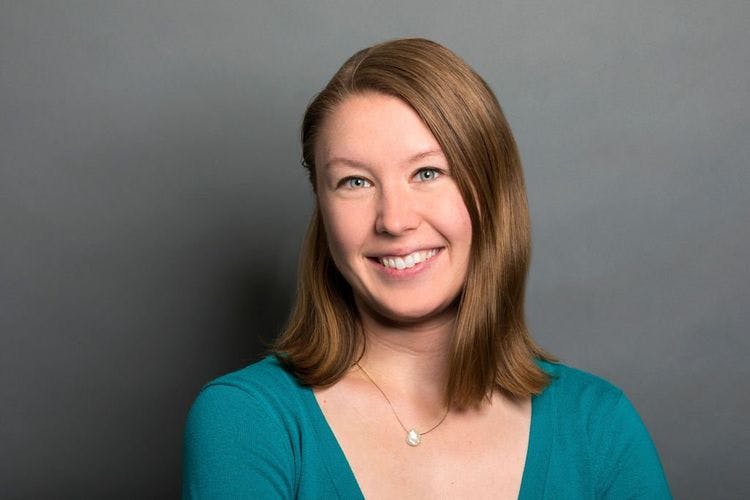
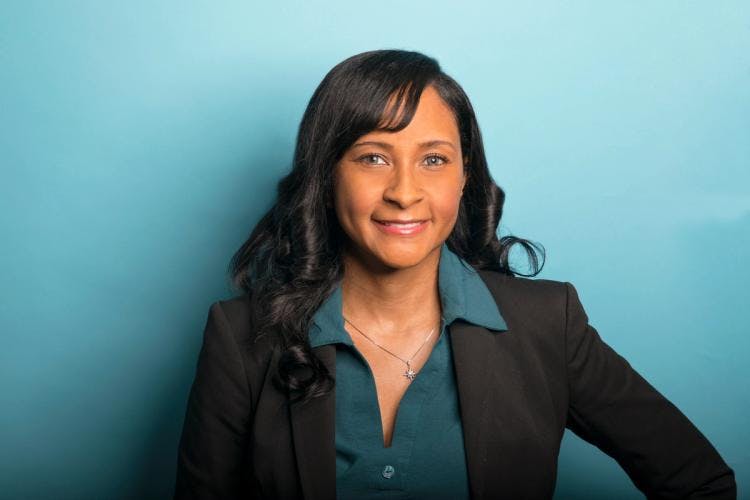
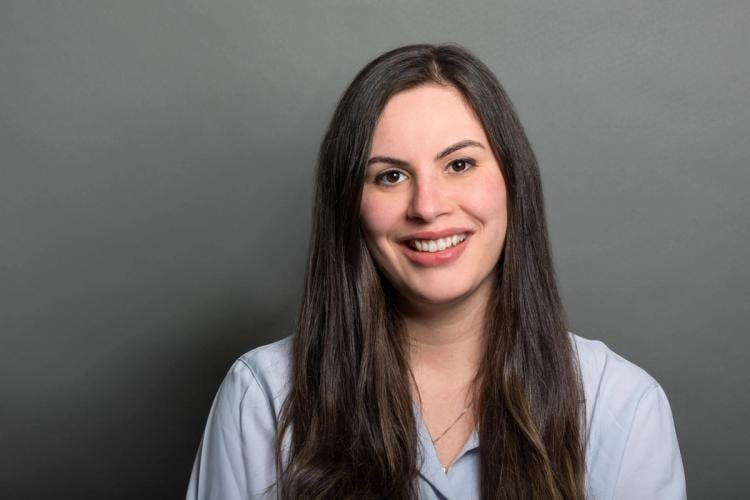
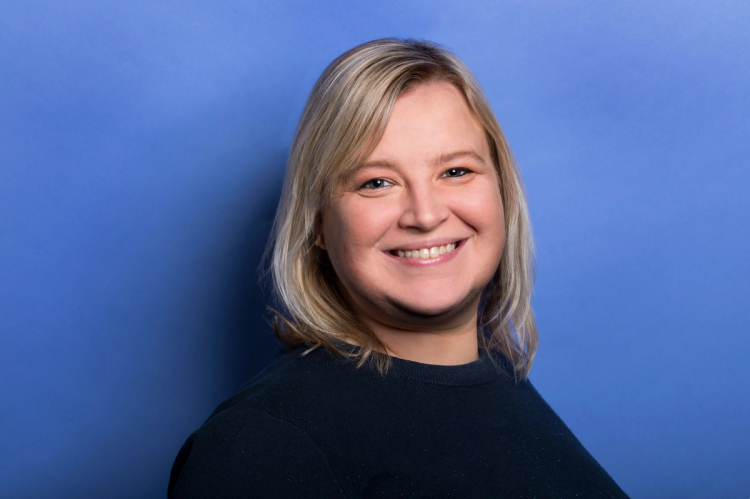
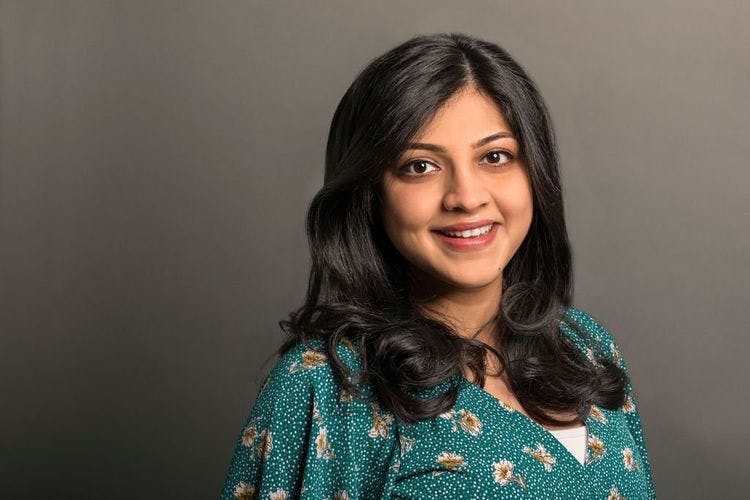

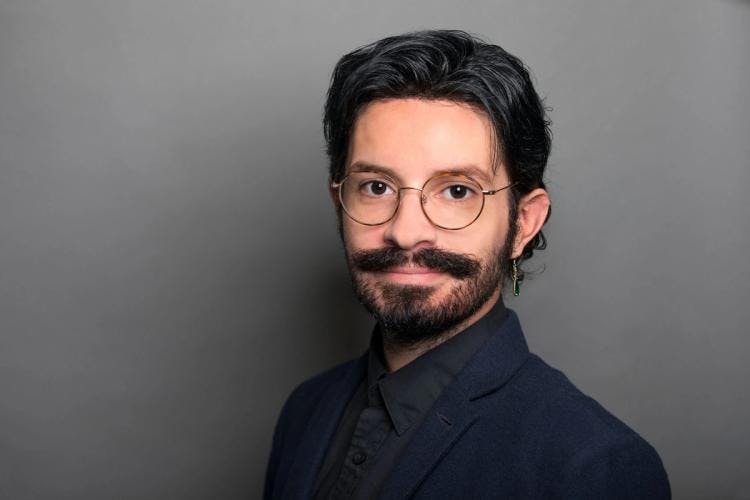
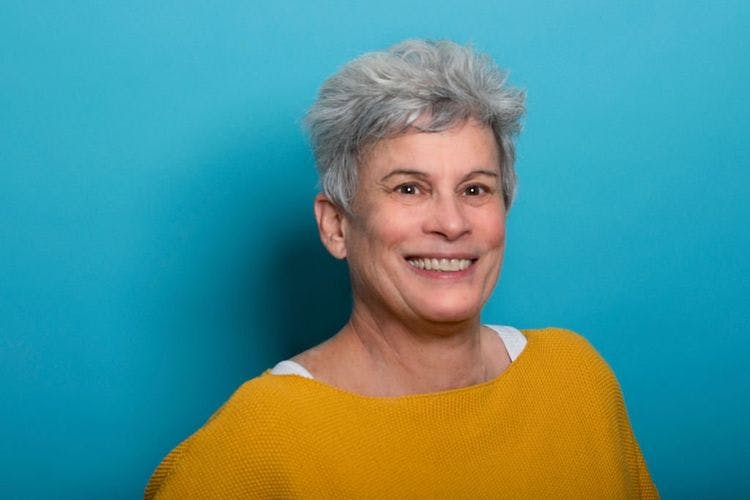
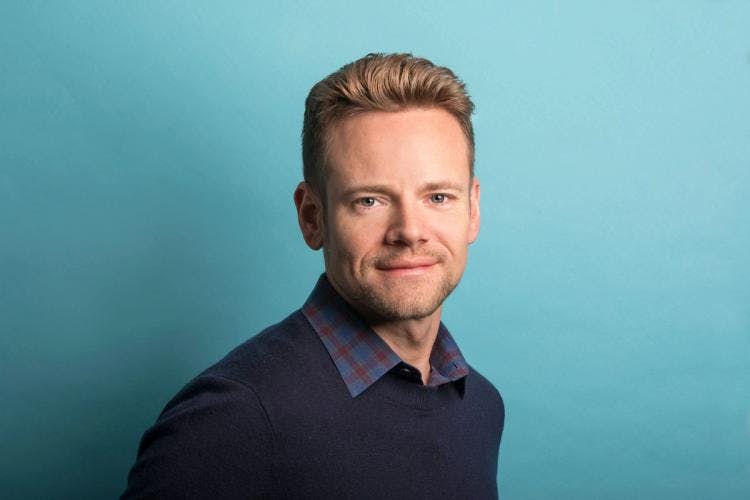
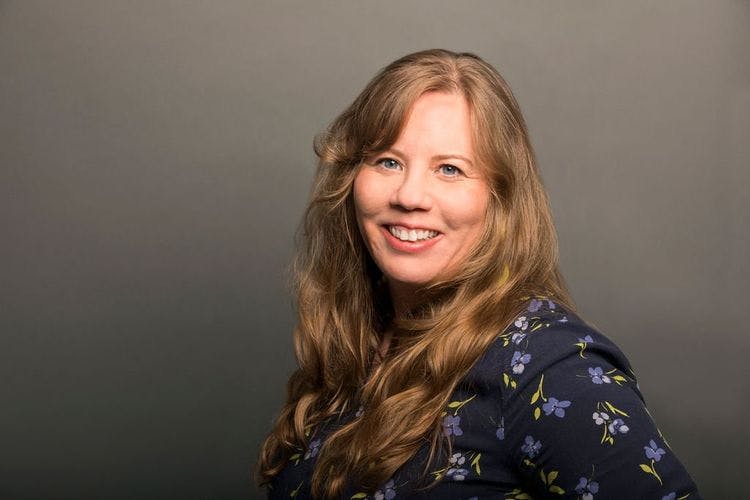
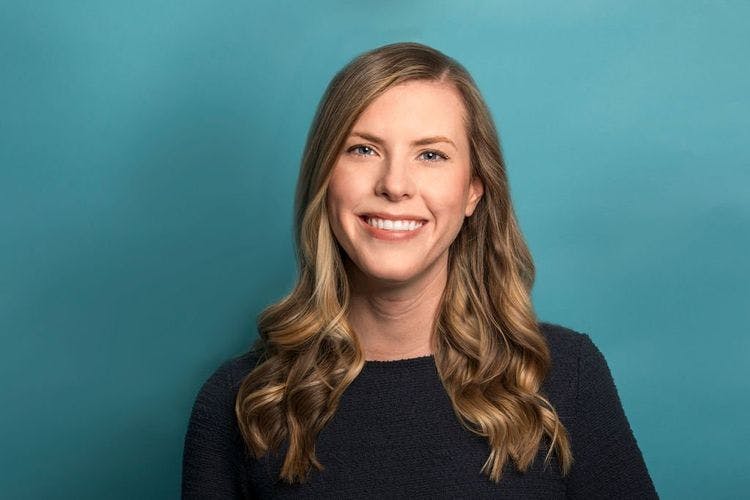
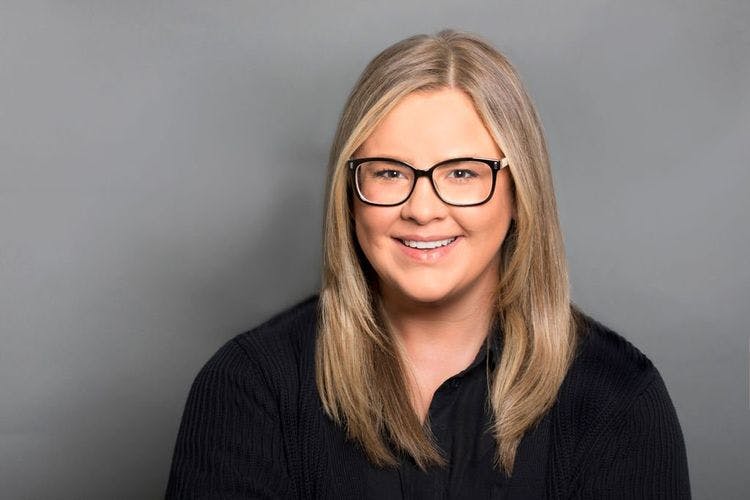
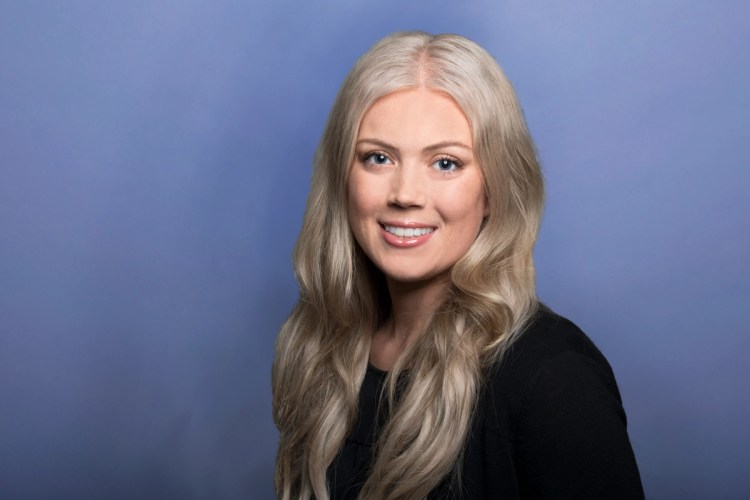
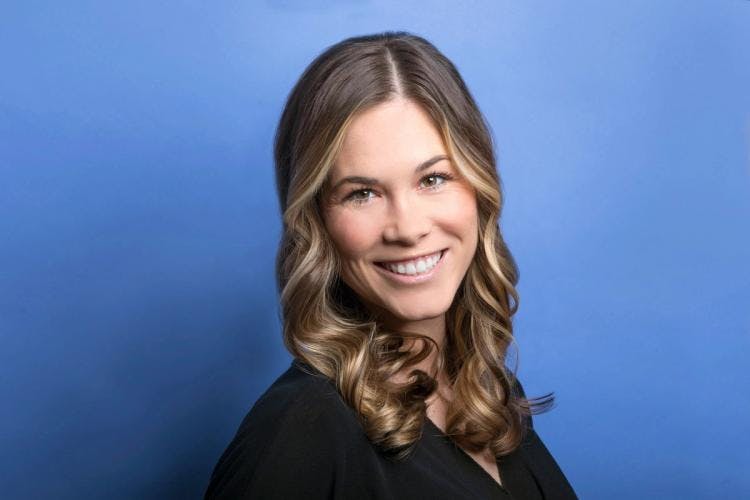
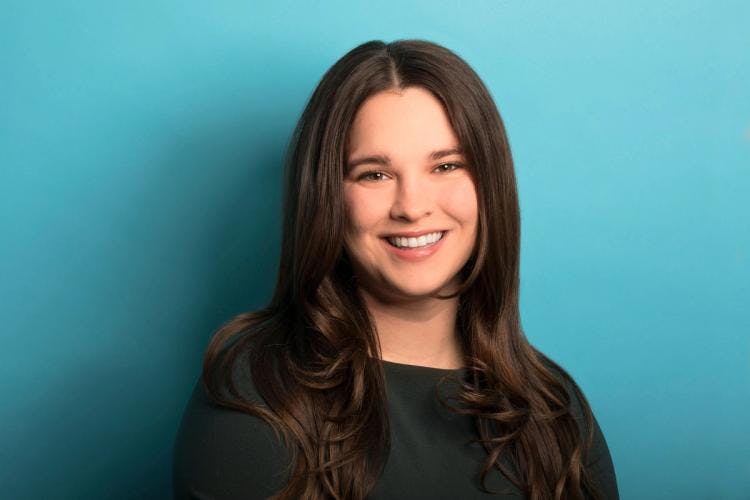

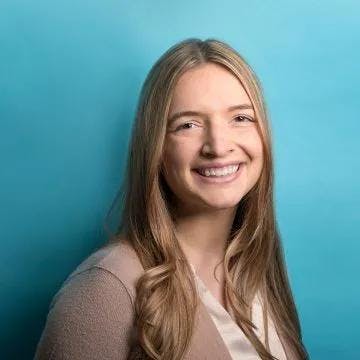
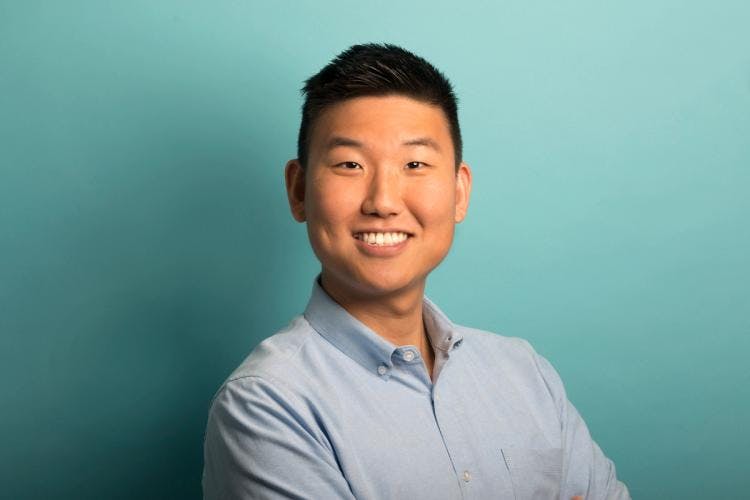
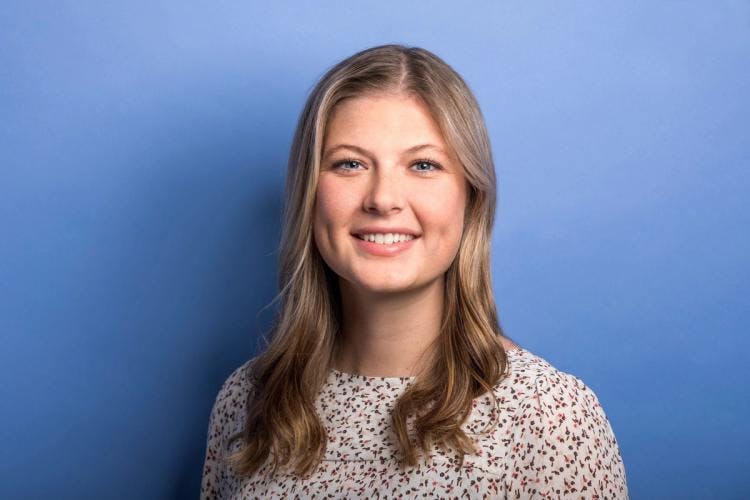
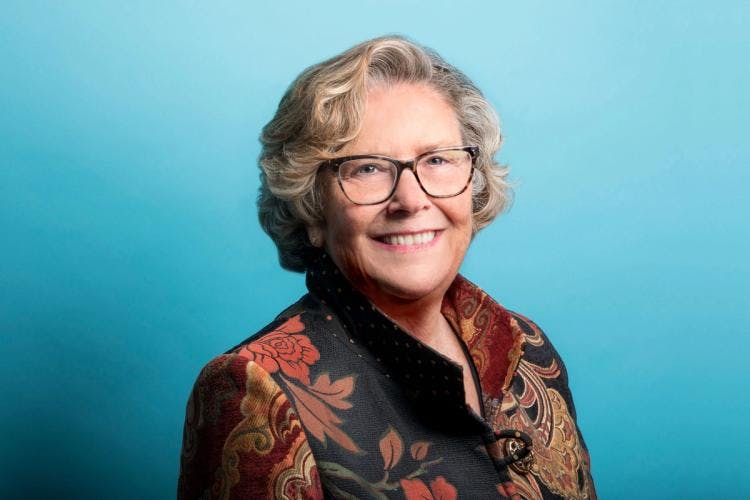
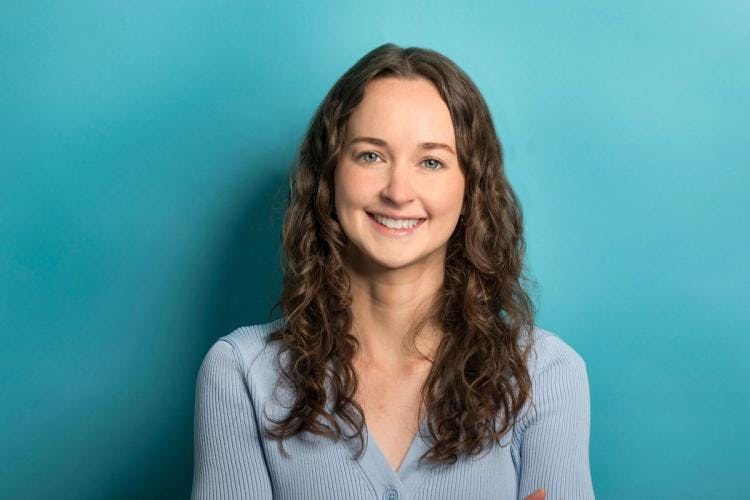


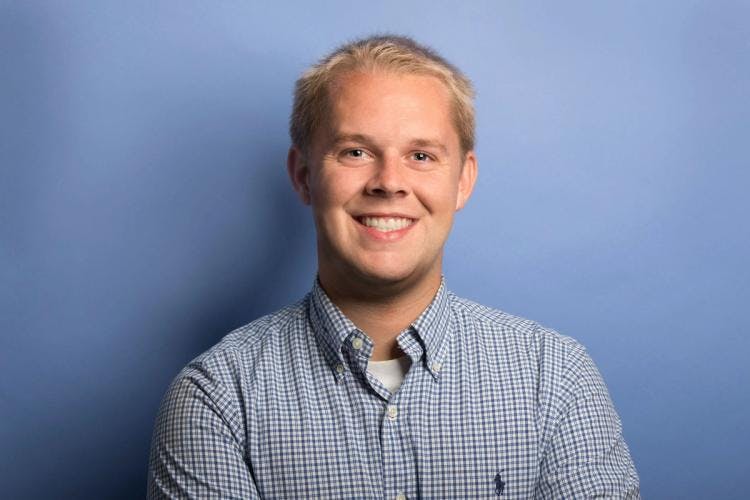

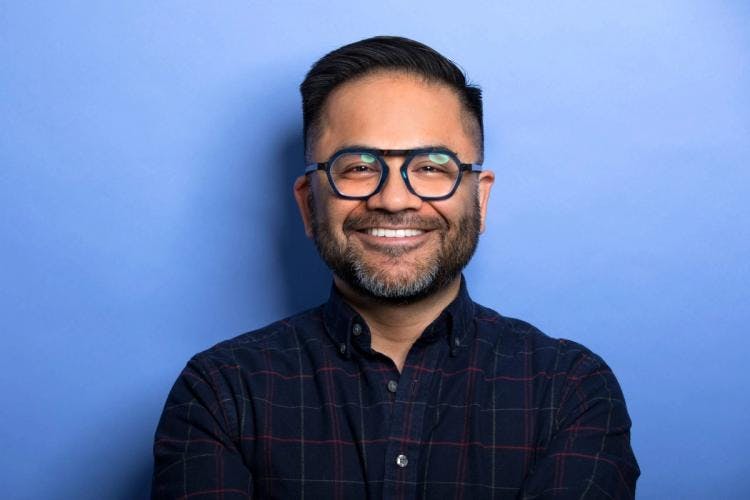
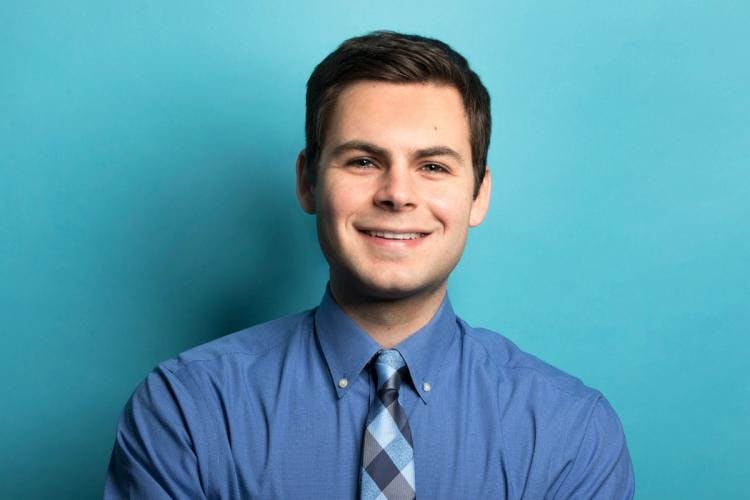

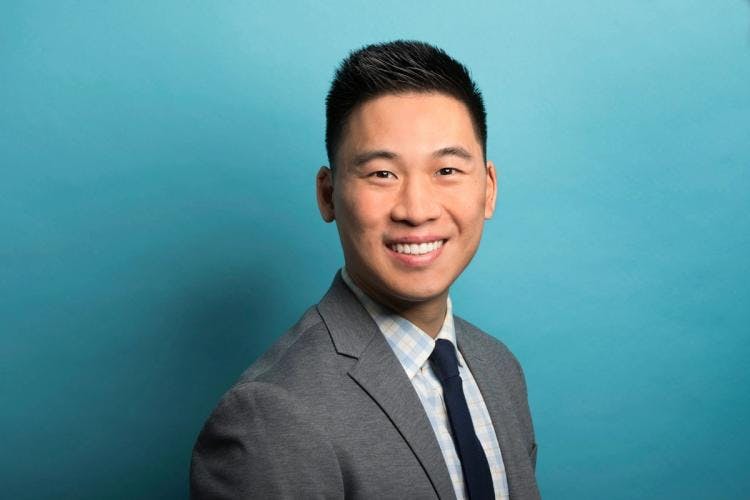
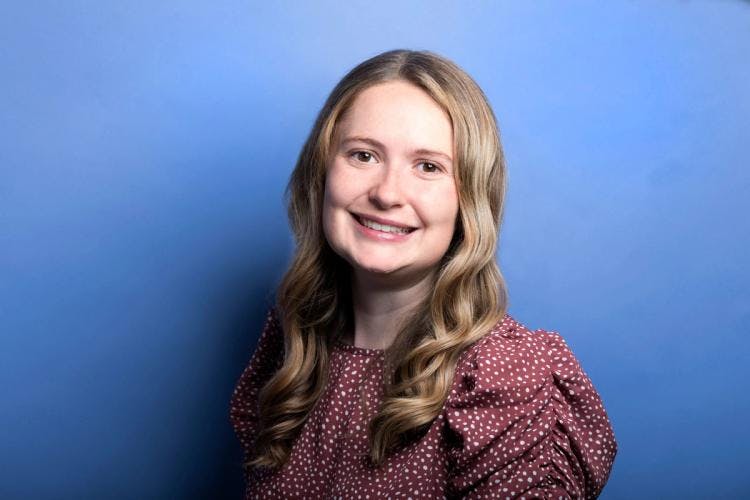
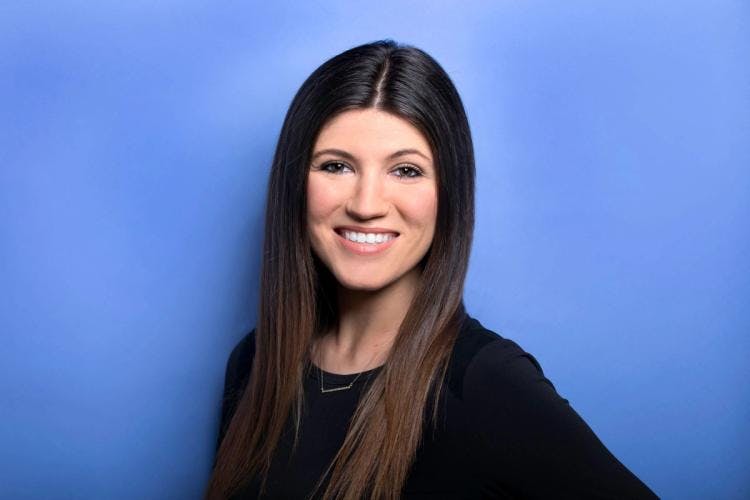
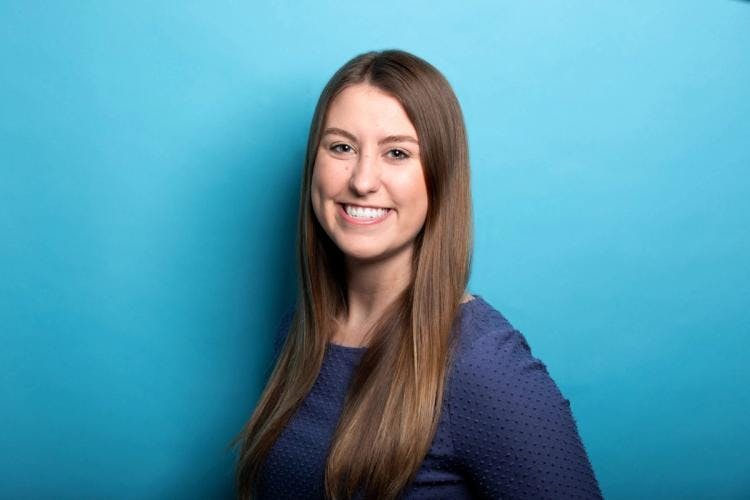
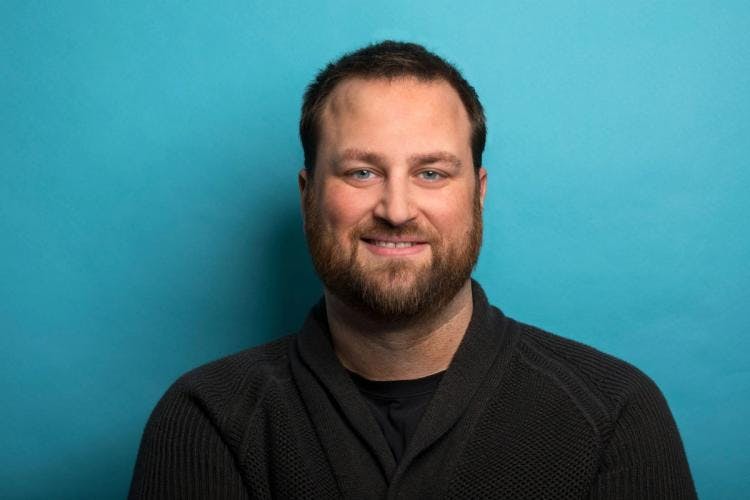
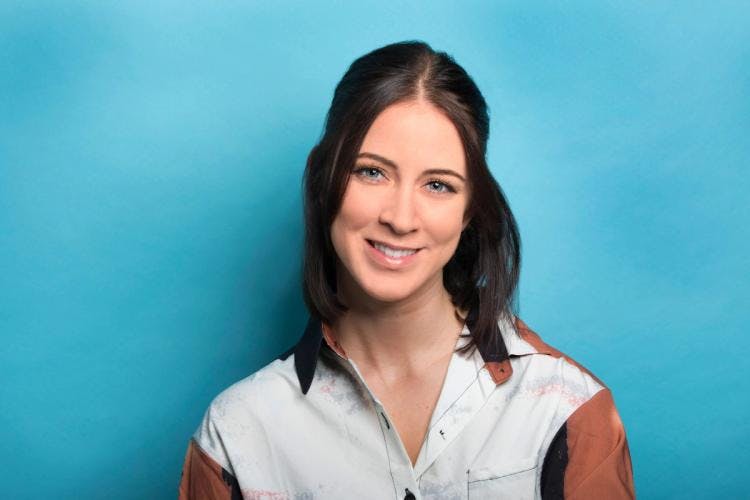
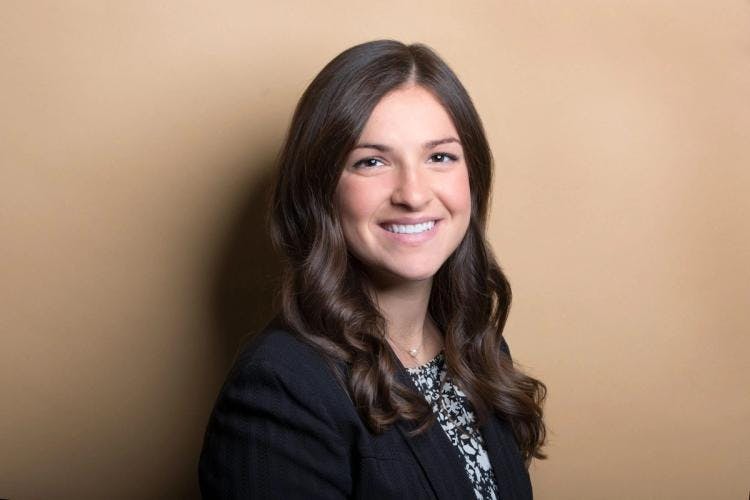

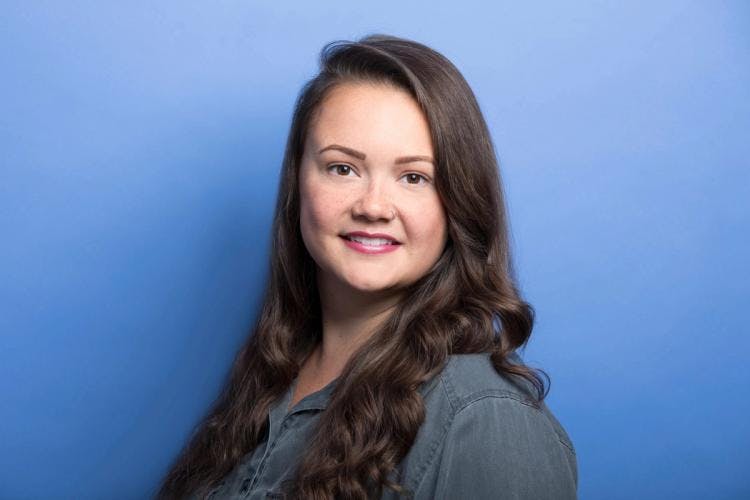
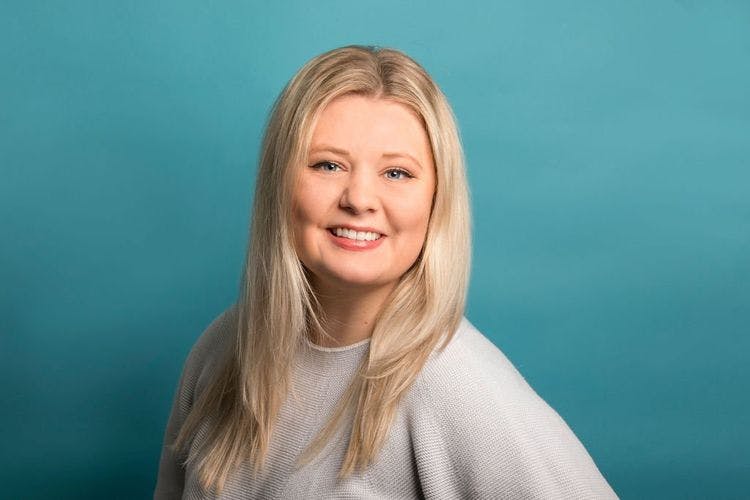
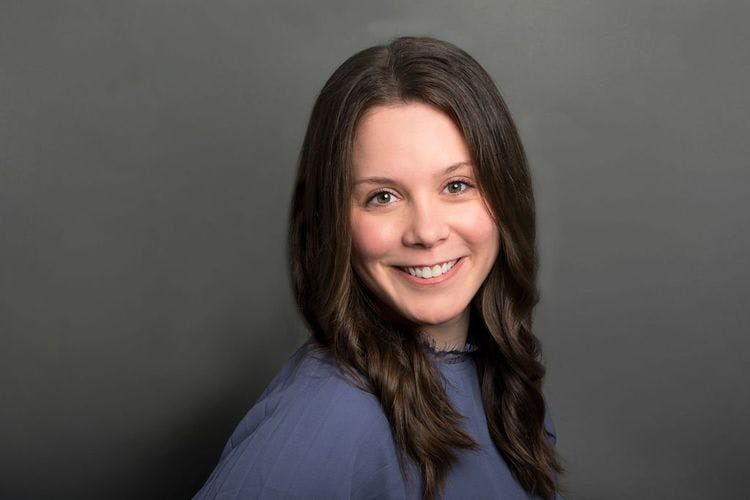
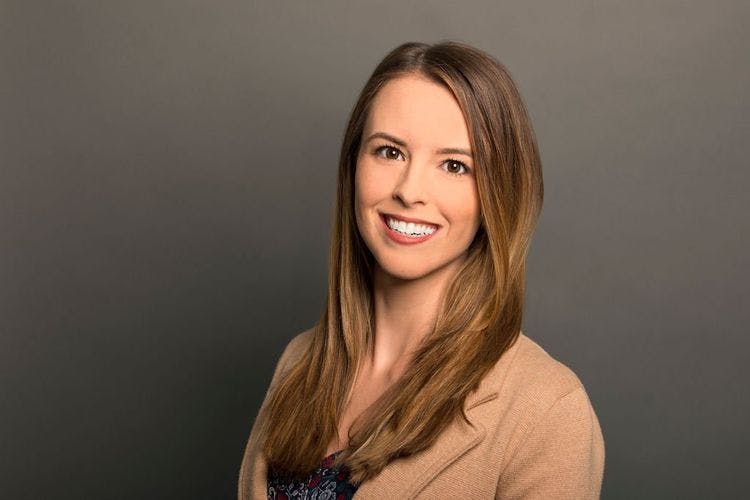
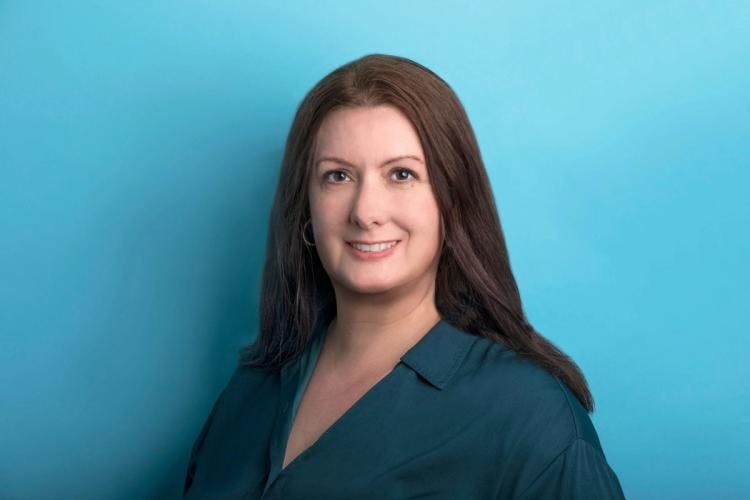
Our Services
Virtual/Online CarePHP and IOPAdult PsychiatryChild & Adolescent PsychiatryAdult TherapyChild & Adolescent TherapyCouples CounselingFamily TherapyGroup TherapyPsychological TestingTranscranial Magnetic Stimulation (TMS)